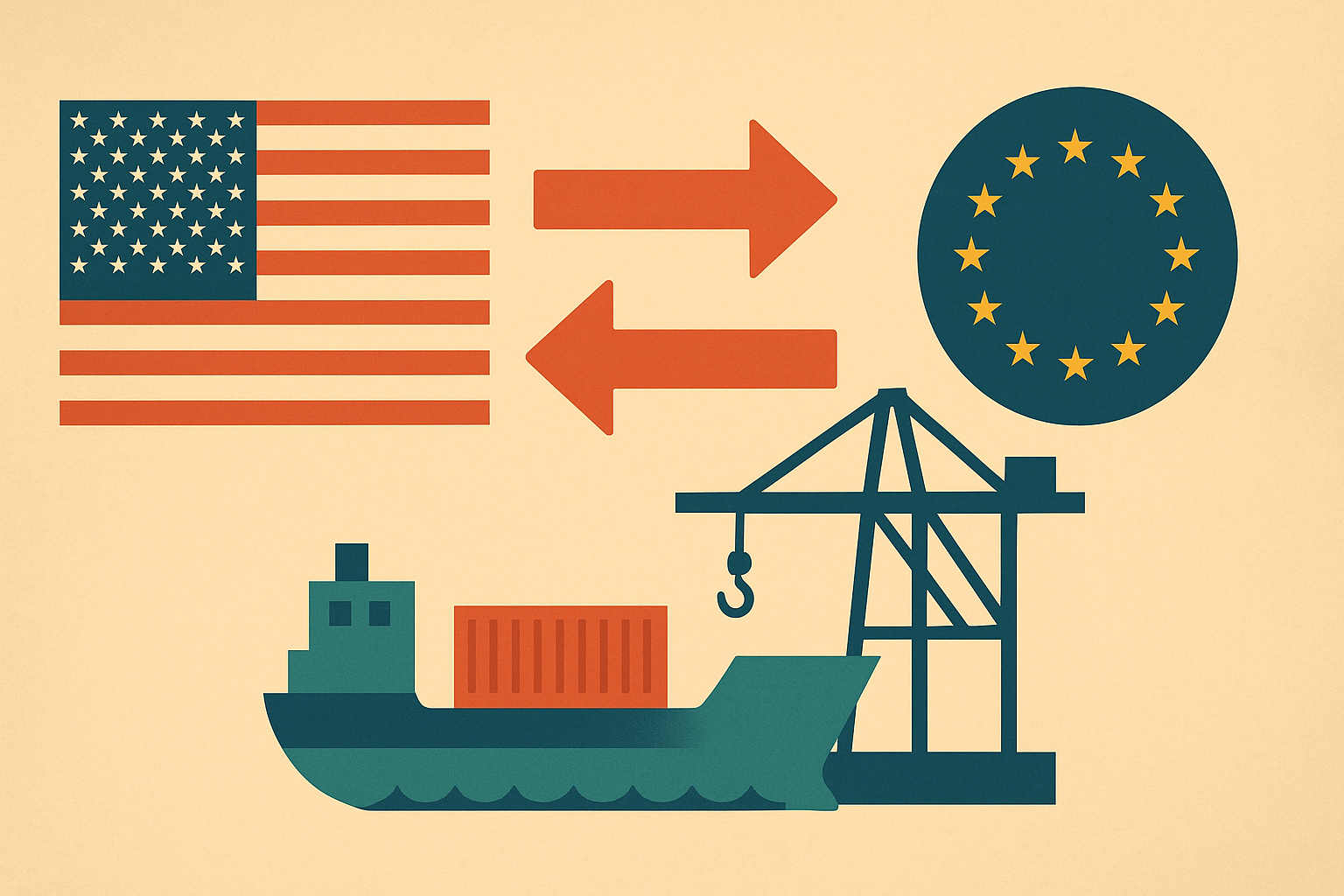The United Kingdom has agreed to bear the full cost of transporting migrants under a new bilateral migration agreement with France, a move that underscores Prime Minister Sir Keir Starmer’s determination to address irregular Channel crossings.
The “one in, one out” scheme, which officially came into effect on Tuesday, allows the UK to return one migrant who has crossed the Channel irregularly from France by small boat, in exchange for accepting one asylum seeker already in France whose claim is likely to succeed.
UK Takes Full Financial Responsibility
According to the agreement’s official documents, the UK will finance the return of migrants to France and also fund the transport of incoming asylum seekers from France to the UK. The deal stipulates that the UK will cover costs “up until handover points agreed upon” for returnees and provide “transport from a designated place to the United Kingdom” for those entering the UK under the deal.
This commitment reflects the UK government’s eagerness to implement a solution amid rising domestic pressure over migration. The Conservative Party and Reform UK, led by Nigel Farage, have criticized the agreement, arguing that it will not be effective in significantly reducing irregular migration.
Controlled and Balanced Numbers
While the agreement does not specify exact figures, officials expect initial transfers to involve approximately 50 individuals per week, with the potential for that number to grow. The document affirms that numbers will be “regularly balanced” between both countries.
The deal targets individuals who arrived in the UK after crossing the Channel in small boats, enabling their return to France. In exchange, France will refer pre-vetted asylum seekers for voluntary relocation to the UK.
European Concerns and Oversight
The European Commission has welcomed the bilateral initiative as a measure to curb smuggling operations across the Channel. EU Home Affairs Commissioner Magnus Brunner stated on social media: “We will always stand with our Member States when confronted with challenges of illegal migration.”
However, southern EU nations — including Italy, Spain, Greece, Malta, and Cyprus — had voiced concerns about the agreement, fearing it may indirectly shift additional asylum burdens onto them. Under the EU’s Dublin Regulation, the first country of entry is responsible for processing asylum claims, often leaving southern states with a disproportionate share of cases.
To ease these concerns, the UK and France have committed to forming a joint monitoring committee, which will include the European Commission and oversee cases potentially falling under the Dublin framework.
Duration and Political Implications
The deal is set to run until June 2026, with the option for renewal. Officials believe the agreement’s limited scope and short duration have helped mitigate broader EU objections.
Although irregular migration constitutes less than 5% of the UK’s total immigration, it has become a politically charged issue. Rightwing critics have used the rise in small boat crossings to argue that the government has lost control over the UK’s borders.
Public sentiment remains skeptical about increased immigration. A recent YouGov poll revealed that 44% of respondents support the removal of “large numbers” of recent migrants, and over 75% oppose any rise in immigration levels.
The UK received more than 25,000 small boat arrivals in the first half of 2025 — the highest figure ever recorded during that timeframe — underscoring the urgency behind the Starmer government’s latest efforts.








